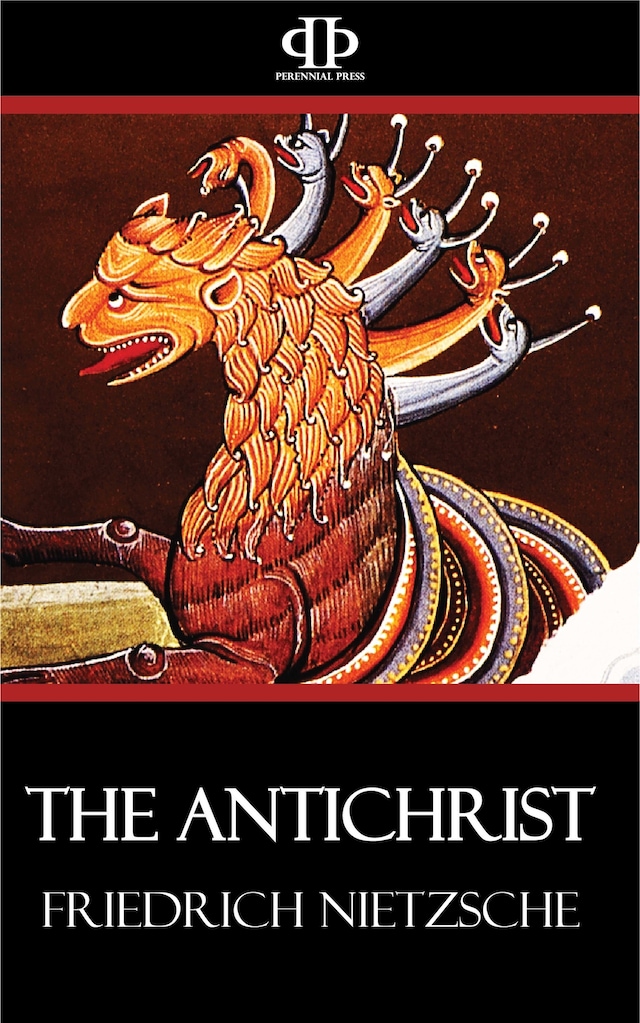
The Antichrist
Opis książki
Of all Nietzsche's books, "The Antichrist" comes nearest to conventionality in form. It presents a connected argument with very few interludes, and has a beginning, a middle and an end. Most of his works are in the form of collections of apothegms, and sometimes the subject changes on every second page. This fact constitutes one of the counts in the orthodox indictment of him: it is cited as proof that his capacity for consecutive thought was limited, and that he was thus deficient mentally, and perhaps a downright moron. The argument, it must be obvious, is fundamentally nonsensical. What deceives the professors is the traditional prolixity of philosophers. Because the average philosophical writer, when he essays to expose his ideas, makes such inordinate drafts upon the parts of speech that the dictionary is almost emptied these defective observers jump to the conclusion that his intrinsic notions are of corresponding weight. This is not unseldom quite untrue. What makes philosophy so garrulous is not the profundity of philosophers, but their lack of art; they are like physicians who sought to cure a slight hyperacidity by giving the patient a carload of burned oyster-shells to eat. There is, too, the endless poll-parrotting that goes on: each new philosopher must prove his learning by laboriously rehearsing the ideas of all previous philosophers....
 Friedrich Nietzsche
Friedrich Nietzsche 102 Strony
102 Strony